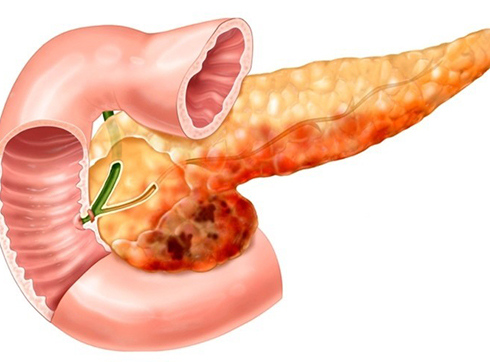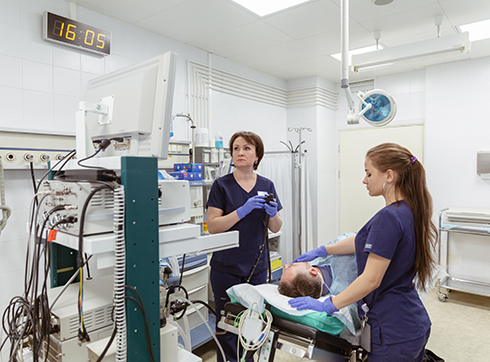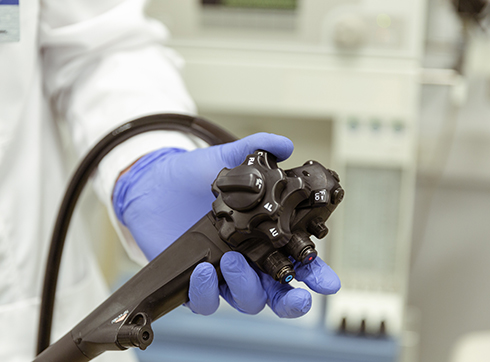
Pancreatitis is an inflammatory disease of the pancreas. In the inflammatory process of the pancreas, the enzymes that are produced in the gland do not pass into the duodenum. They are activated in the gland itself, due to which its destruction occurs.
Inflammation can seriously harm the functioning of other organs of internal secretion and the abdominal cavity with toxins that are released during the self-destructive process inside the pancreas.
The pancreas is not only an organ of the digestive tract, but also of the endocrine system. As an organ of the digestive system, iron produces pancreatic juice and enzymes that are essential for the digestion process. As an organ of the endocrine system, the pancreas is responsible for the production of insulin. Failure of the pancreas can lead to the development of diabetes.
Causes of pancreatitis
- Eating fatty, spicy foods - overeating and excess animal fats increase the production of enzymes and lead to inflammation.
- Alcohol abuse.
- Long-term use of hormonal drugs (drug-induced pancreatitis).
- Stress.
- Damage to the ducts in trauma and surgery.
- Diseases of the gastrointestinal tract: chronic gastroduodenitis, peptic ulcer, diseases of the liver and biliary tract (most often these are gallstones).
Pancreatitis can be: acute and chronic.

Symptoms of pancreatitis
The symptoms of the disease are different.
Symptoms of acute pancreatitis: pain is concentrated depending on the site of inflammation of the pancreas. Pain occurs in the right hypochondrium if the head of the pancreas becomes inflamed. Girdle pain - in the case when the process affects the entire pancreas, pain in the epigastric region occurs due to the inflammatory process of the body of the gland. If the tail becomes inflamed, the pain is usually localized in the left hypochondrium. The pain is usually sudden and intense.
Symptoms of chronic pancreatitis: pain is localized in the upper abdomen. The patient has a lack of appetite, frequent vomiting, flatulence and bloating.
Complications of pancreatitis
Acute pancreatitis is dangerous complications. Infection of gland tissues with bacteria from the small intestine leads to necrosis of gland sites and abscesses. Without treatment, the condition can result in multiple organ failure, the formation of pseudocysts (they disrupt the structure of the gland and ducts), ascites, and death.

















